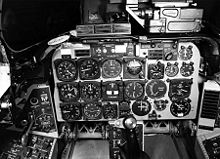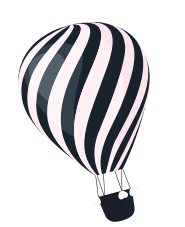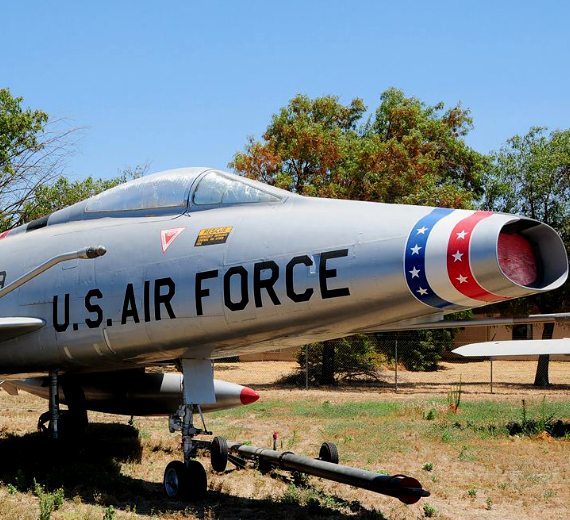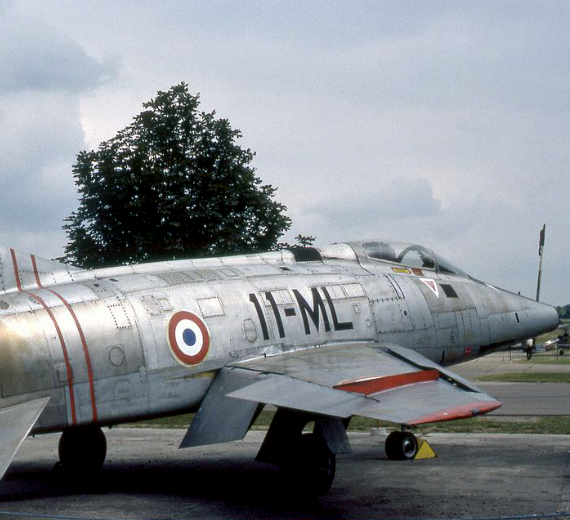Role
Fighter
Fighter-bomber
Manufacturer North American Aviation
First flight 25 May 1953
Introduction 27 September 1954
Retired 1979, United States Air National Guard; 1988, Republic of China Air Force
Primary users United States Air Force
Turkish Air Force
Republic of China Air Force
French Air Force
Produced 1953–1959
Number built 2,294
Developed from North American F-86 Sabre
Developed into North American F-107

The North American F-100 Super Sabre is a supersonic fighter aircraft. It was one of the first aircraft with a stabilator, or all-moving tailplane. Unlike modern stabilators which use an anti-servo tab, gearing and a variable stiffness spring were attached to the control stick to provide acceptable resistance to prevent pilot-induced oscillation. Unusually, the aircraft made extensive use of titanium throughout key areas of the airframe.
Take off Distance
MAX RANGE
Aircraft Speed
Max Crew


On 27 September 1954, the F-100A officially entered USAF service with the 479th Fighter Wing, based at George AFB, California. By 10 November 1954, the F-100As suffered six major accidents
The North American F-100 Super Sabre is an American supersonic jet fighter aircraft designed and produced by North American Aviation.

F-86B 188 ordered as upgraded A-model with wider fuselage and larger tires but delivered as F-86A-5, North American model NA-152
